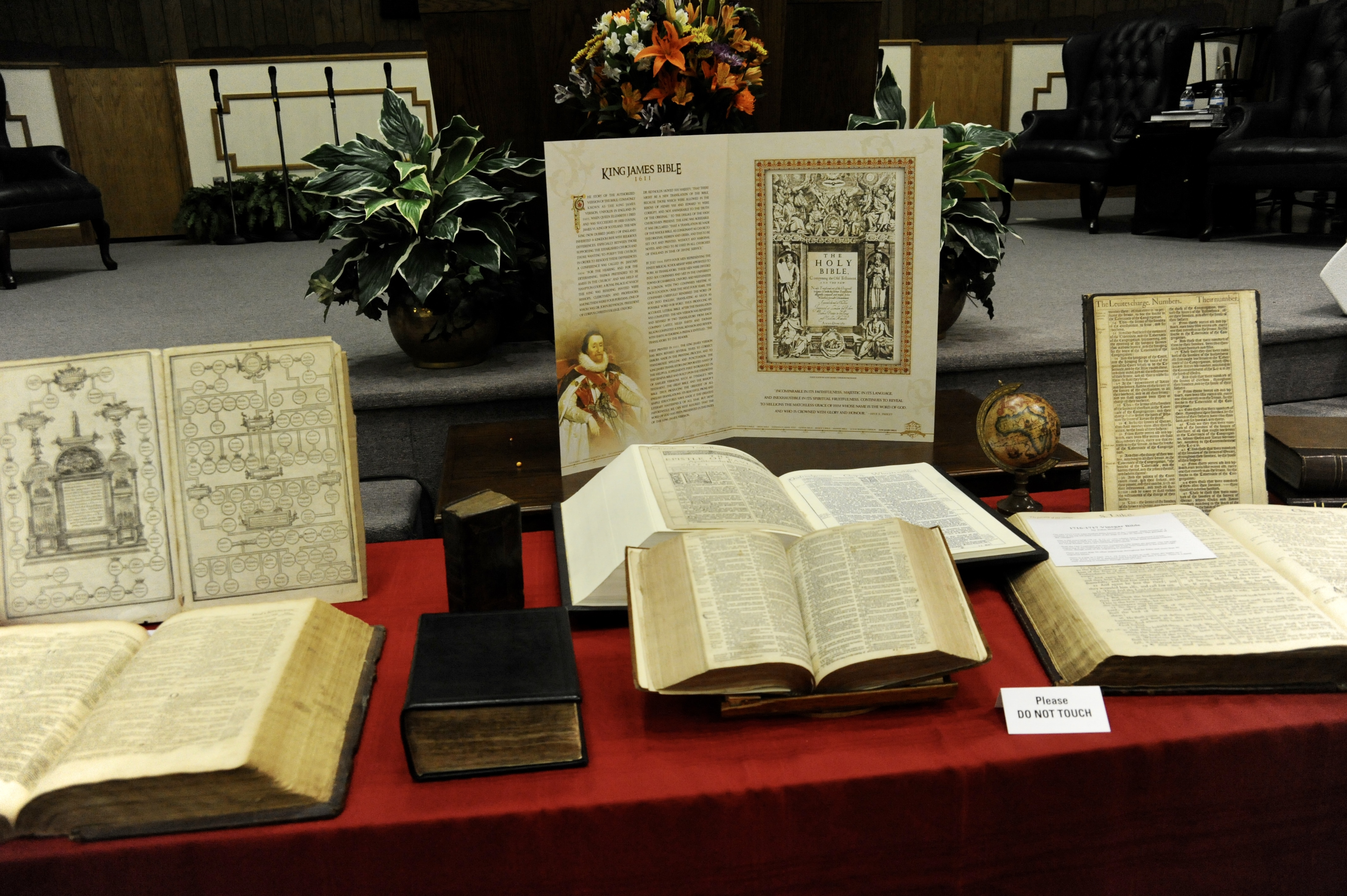
The Book of Enoch
Many modern scholars, even a great many “evangelicals,” are dogmatic that Jude quoted from the so-called Book of Enoch, but this is pure speculation.
First of all, the Book of Enoch is a lie from beginning to end. It is a hodgepodge of mythical writings about Enoch’s supposed tour of heaven and hell during which he was led about by archangels and given extensive revelations. In contrast to Paul, who was not allowed to describe what he saw in paradise (2 Co. 12:4), Enoch tells all! He even reveals the names of archangels not mentioned in the Bible (Raphael, Suryal, and Uriel). It is full of wild-eyed tales, such as 450-foot-tall (300 cubits) cannibal giants on the pre‑flood earth, the tree of the knowledge of good and evil in heaven, the spirit of Abel suing Cain before God’s throne, angelic “watchers” congregating on Mt. Hermon before invading mankind to have sexual relations with women, angels teaching men how to make swords, shields, mirrors, and jewelry, etc., and disobedient stars in hell.
Second, there is no sure evidence that the prophecy of Enoch in the Book of Enoch pre‑dated the apostles. The Book of Enoch is composed of many different writings, and little is known for sure about its early history. Parts of it did predate the birth of Christ, but much of it was written later. Some fragments of the book were found among the Dead Sea Scrolls, but those fragments do not contain the prophecy of Enoch found in Jude. See ibiblio.org/expo/deadsea.scrolls.exhibit/Library/enoch.html, deadseascrolls.org.il/featured-scrolls, and deadseascrolls.org.il/explore-the-archive/manuscript/1Q23-1. The Book of Enoch as it exists today is based on copies of the book in the Ge’ez language discovered in Ethiopia in the late 1700s by James Bruce and first published in English by Richard Laurence in 1821. The history of this book and its actual age are unknown.
Third, it was the “church fathers,” meaning heretics such as Origen and Clement of Alexandria, who gave credence to pseudepigraphical (falsely attributed) books. Further, the prophecy of Enoch in Jude is longer and more detailed than the prophecy in the Book of Enoch, so it is obvious that Jude is not quoting from this spurious book. It can be seen from the following translation from the Ethiopian Book of Enoch that it does not emphasize “all” by repetition as in Jude and it entirely leaves out “all their hard speeches which ungodly sinners have spoken.” Enoch 1:9—“Behold, he comes with ten thousands of his saints, to execute judgment upon them, and destroy the wicked, and reprove all the carnal for everything which the sinful and ungodly have done, and committed against him” (Richard Laurence translation). Those who claim that Jude is quoting from the Book of Enoch need to explain where he got these “additions,” using known facts rather than speculation.
It is true that Paul cited pagan writers in Acts 17:28 and Titus 1:12, but he was quoting the words of actual people who, though pagans, were speaking truth in that particular writing, which is not the same as quoting a prophecy from a work of total deception, which the Book of Enoch most certainly is.
We are convinced that Jude would not quote a lying work that falsely purports to be the work of Enoch and that is filled with mythical nonsense and false teaching. Jude is giving a revelation that he received directly from the Spirit of God.

